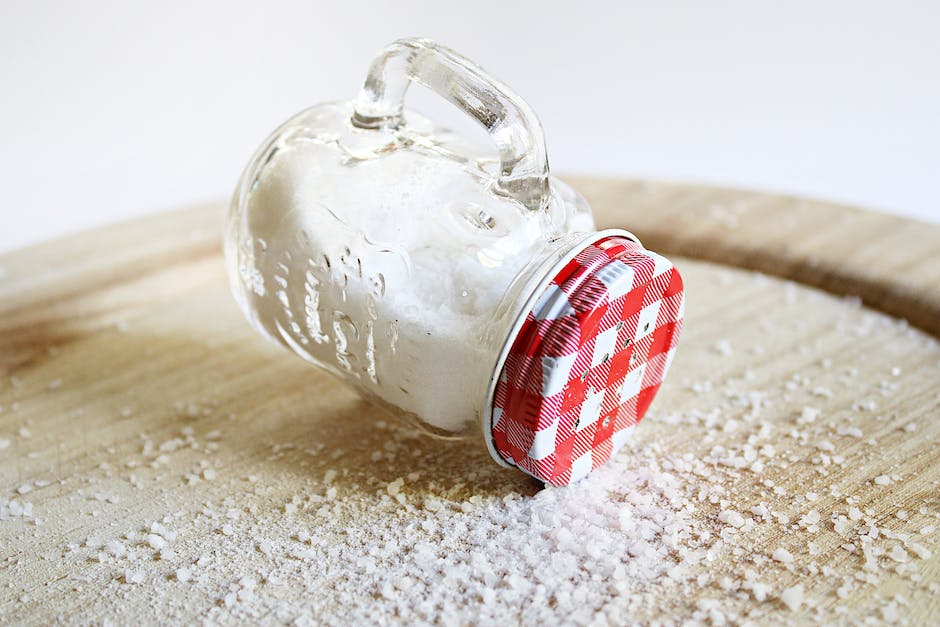Himalayan Salt vs Sea Salt: Unveiling the Healthiest Choice for You
When it comes to seasoning your food, the type of salt you choose can make a world of difference not only in taste but also in health benefits. Himalayan salt and sea salt are two of the most popular and widely debated options on the market. But which one is truly better for you? In this comprehensive guide, we’ll dive deep into the world of these two natural salts, comparing their nutritional values, health benefits, and culinary uses to help you make an informed decision.
Understanding the Basics: What Are Himalayan Salt and Sea Salt?
Himalayan Salt: The Pink Wonder
Himalayan salt, often distinguished by its captivating pink hue, is mined from ancient sea beds in the Himalayan mountains. It is touted for its purity and mineral content, containing up to 84 different trace minerals.
Sea Salt: Harvested from Today’s Oceans
Sea salt, on the other hand, is produced through the evaporation of ocean water or water from saltwater lakes. It usually undergoes minimal processing, which helps to retain its natural minerals and flavor.
Nutritional Showdown: Himalayan Salt vs Sea Salt
Mineral Content Comparison
- Himalayan Salt: Rich in minerals like calcium, potassium, magnesium, and iron, which give it its signature color.
- Sea Salt: Contains similar minerals but in varying amounts depending on the water source.
Sodium Content: Is There a Difference?
Both Himalayan salt and sea salt contain comparable amounts of sodium by weight. However, due to the larger crystal size of Himalayan salt, you may use less of it to achieve the same level of saltiness.
Health Implications: Which Salt Is Better for You?
Potential Health Benefits of Himalayan Salt
- Trace Minerals: The presence of trace minerals in Himalayan salt may contribute to better hydration and electrolyte balance.
- Lower Sodium Impact: Using less salt due to crystal size could lead to a lower overall sodium intake.
Sea Salt’s Natural Goodness
- Minerals from the Sea: The natural harvesting process retains the beneficial minerals found in sea water.
- Less Processing: Minimal processing means fewer additives and a more natural product.
Culinary Uses: Enhancing Flavor Naturally
Himalayan Salt in Cooking
- Flavor Profile: Himalayan salt has a bolder flavor compared to refined table salt.
- Versatility: It can be used in cooking, as a finishing salt, or even in salt grinders.
Sea Salt’s Culinary Flexibility
- Texture and Taste: Sea salt’s unique texture and taste can enhance the flavor of dishes.
- Variety: Available in fine or coarse grains, it’s suitable for both cooking and finishing.
Commonly Asked Questions About Himalayan Salt and Sea Salt
Is Himalayan Salt Really Better Than Sea Salt?
The answer depends on your personal preference and health goals. While both salts offer minerals and flavor, Himalayan salt’s unique composition may offer a slight edge in terms of mineral content.
Can Either Salt Help with Hydration?
Yes, both salts can help with hydration due to their mineral content, which aids in electrolyte balance. However, it’s important to consume them in moderation.
Are There Any Risks Associated with Consuming Himalayan or Sea Salt?
As with any salt, excessive consumption can lead to health issues such as high blood pressure. It’s crucial to use both salts sparingly and as part of a balanced diet.
Conclusion: Making the Right Choice for Your Health and Palate
In the debate between Himalayan salt and sea salt, there is no clear winner. Both offer unique benefits and can be part of a healthy diet when used in moderation. Consider your dietary needs, flavor preferences, and the specific uses you have in mind when choosing between these two natural salts.
Remember, the key to reaping the benefits of any salt is to use it as a complement to a varied and balanced diet. Whether you opt for the pink crystals of the Himalayas or the natural grains of the sea, both can add a touch of flavor and nutrition to your meals. Choose wisely, and enjoy the subtle differences that each brings to your culinary creations.


